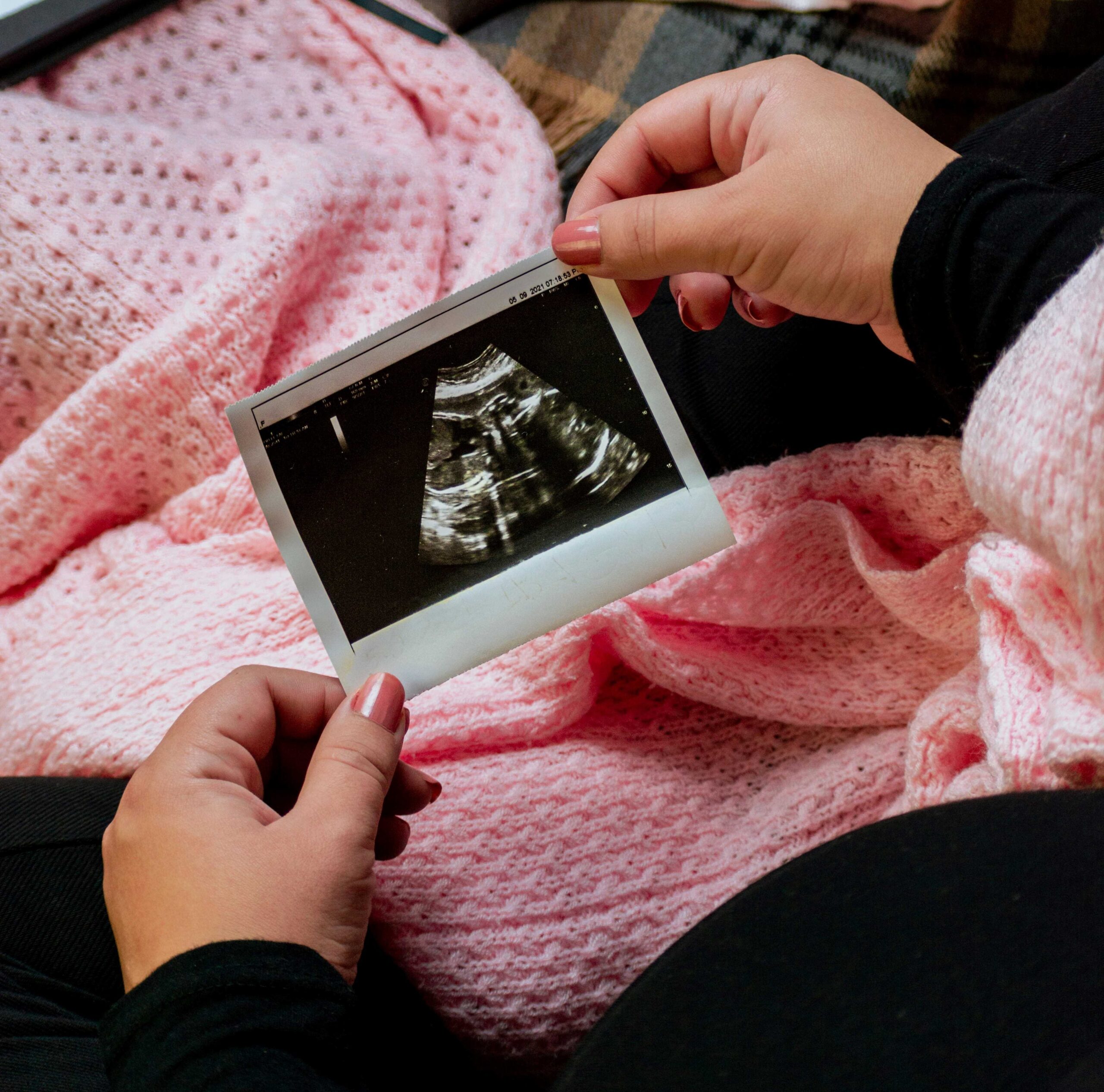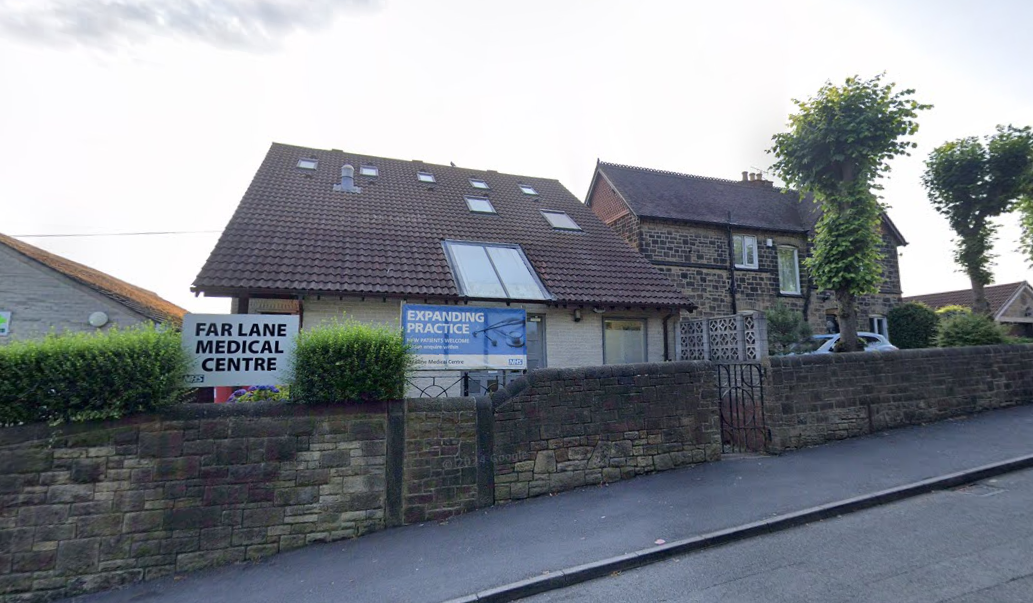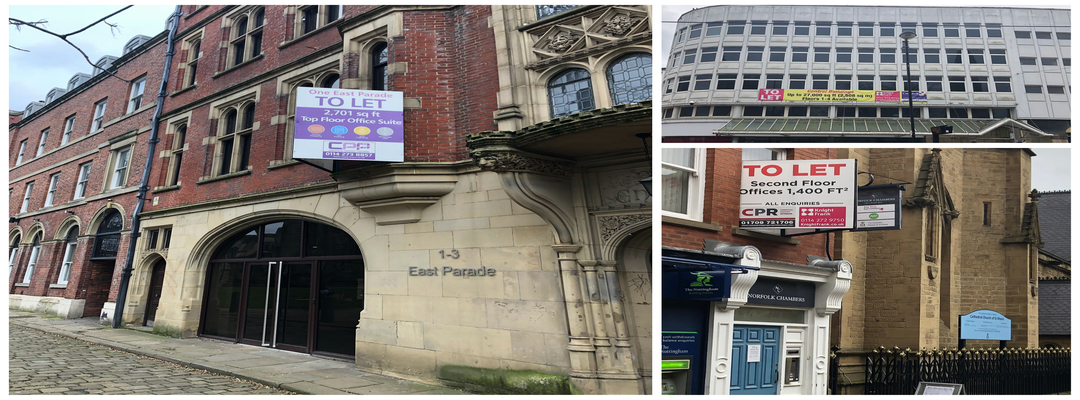The moment Beth was told her unborn baby had died will be permanently etched in her memory forever. “We can’t find a heartbeat,” the doctor said. “There is no template for this grief”, the 35-year old says. “You just sit with the pain. I think about my son every second of every day. This pain lasts forever.”
Beth, not her real name, had HELLP syndrome, a life-threatening liver and blood clotting disorder that can affect pregnant women, but in her case had not been spotted until it was too late.
Approximately 1 in 200 pregnancies are affected by HELLP Syndrome, and around 1 in 10 experience severe pre-eclampsia.
Beth and her partner were thrilled when they discovered she was pregnant for the first time in September 2023. “My pregnancy was very smooth sailing, I was very lucky. I had the typical nausea and fatigue, but it was nothing atypical or too severe.”
As Beth got to the final month, her excitement levels were rising and she felt fortunate not to have encountered any medical issues. “I remember just before I was 38 weeks, walking 40 minutes into the city centre with my partner for dinner, so I was very physically well and able,” she says.
But two days later Beth began experiencing sickness and diarrhoea. “I called urgent care in the afternoon, but as I could keep fluids down, and there was lots of foetal movement, no one thought anything of it,” she says.
The next morning, she collapsed in the bathroom. Two ambulances arrived, but paramedics were unable insert a canula to administer fluids. “We now know that’s because I was dying,” says Beth. “My body was shutting down.”
During the two hours the ambulance staff were at her home, there were no checks for a foetal heartbeat. “They didn’t at any point check my baby”, Beth says.
When Beth was finally taken to hospital, she was rushed straight to the maternity unit. “They did a scan, and that’s when we were told they couldn’t find a heartbeat,” says Beth. “We don’t know when it happened or exactly when he died.
“The doctors knew I wasn’t medically okay, but they didn’t know what was wrong me. They just knew they needed to deliver my baby. Until you’re in that situation, you don’t think about it. But when you are, and you realise you’re in a medical scenario where even the people that are in charge don’t know why this is happening, you start to see the cracks. It’s pretty terrifying.”
Beth had to undergo an emergency caesarean, which revealed she had suffered an extensive internal bleed on her liver. To save her life, surgeons had to perform major surgery cutting her open from the chest down. Beth went into multiple organ failure and was placed in a week-long induced coma.
“We did everything we were supposed to do,” she says Beth. “But our baby had died.”
Only after Beth’s obstetrician examined her blood results, combined with the liver bleed led did she discover she was suffering from Hemolysis, Elevated Liver enzymes and Low Platelets (HELLP) syndrome.
HELLP syndrome typically occurs later in pregnancy or after birth. Early detection is essential, as it is estimated that serious illness and death can occur in 25% of cases. However, due to an often lacking display of symptoms, the condition is currently difficult to diagnose.
“I woke up a week and a day after being hospitalised,” Beth says. “Medically I was conscious, but mentally I was not. My body didn’t look like my body. It didn’t feel like my body.”
Despite being in a coma, Beth’s physical recovery was quick. She was in hospital for 2 weeks but psychologically Beth understandably struggled to come to terms with her loss and there isn’t a day that goes by when she doesn’t think about her baby.
“I look well. I seem well,” says Beth. “I sit in meetings and do the things I’m supposed to do. But there’s absolutely no way that I’m okay, and that’s very difficult for people to understand.”
Adding to Beth’s grief and pain is the fact medics haven’t been able to explain why she contracted the condition. “I cannot be told why this happened to me,” she says. “I have no idea and I never will.”
A World Health Organisation (WHO) study found hypertensive disorders such as preeclampsia are one of the leading causes of maternal deaths globally. Preeclampsia is a serious condition characterised by high blood pressure that can lead to haemorrhage, strokes, organ failures and seizures if left untreated.
Beth, alongside two friends, are now planning to run a half marathon May. They are fundraising for the charities Petals, Zephyrs, and Action on Preeclampsia and have so far raised £4,735.
“The end of May will mark one year,” says Beth. “It’s symbolic for me to remember where I was and where I’ve got to. Even when you have a belly full of scars and a head full of memories, you can feel like it didn’t happen, or you’re a little crazy – because it’s just so surreal.”
Beth is keen to raise awareness for the condition that robbed her of her baby’s life and very nearly took her own. “If you are pregnant or planning on being pregnant, educate yourself,” she says. “Know what’s typical and what isn’t. You’re the only one that knows your body as well as you do.
“If you have those conversations and question certain things, then the outcomes will be better.”
If you have been affected by the content in this article, you can find support via the Tommy’s helpline at 0800 014 7800, or Petals.




